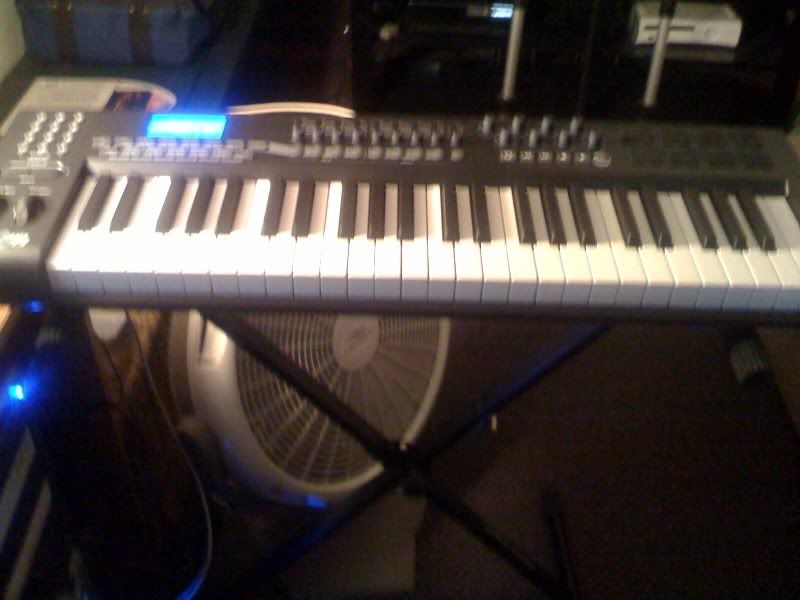I want to first say that when dealing with tech-house or deep house, you MIGHT get away without EQing/compressing too much, but that's because it's.. well, minimal. And you're likely to deal with samples that already have been EQ'ed and compressed.
Let's talk a bit about sample based production. Production where you don't have a drum set with 8 mics and a live band, but rather use samples, MIDI and stuff like EZ-drummer or battery or such
The problem with neglecting compression, EQing and reverb when dealing with sample based production is that you'll end up with an incongruent sound. You might use one sample from one pack and another snare from another set. In house-music, this isn't the most problematic thing, but if you're making sample based music, wanting it to sound like it's played on actual drums, you're making beats like The Album Leaf does, you'll want to have a congruent sound to your samples.
If you stick to a spesific sample-pack, you're likely to get samples processed with this in mind already, but while it has a bit reverb (like a drum sample-pack having the same room-mic mixed in in the various samples, giving it a good consistent sound), there should be left head-room for you to control how much reverb you actually want.
This is why I have individual reverbs on each track, to first assure that consistent sound.
The same goes for EQing and compression. While the samples are likely treated with some compression, it's done with head-room for you to get the ultimate control over the sound. Which means that in most cases it needs further compression.
I have two music projects going. My solo stuff that's Pink Floyd / The Album Leaf inspired. Here I use my guitar and my fairly expensive guitar rig, no plugins to treat my sound, and for drums I mix between electronic beats and analogue sounding drums.
Why do I need EQing and compression on my guitar-track when the first thing in my signal chain is a compressor and EQ? Because I make my guitar tones to sound as best as they can, coming out of my speakers. It'd be extremely tough to make the sound spesifically to sit with the rest of the mix - of course this could be done, but that's why I post-EQ and compress it a bit further.
Let's not get into the loudness debate, because compression isn't used to make it sound louder necessarily. It is there to help us have individual tracks sit with each other better.
Example time!
Here's a song off of my first album from two years back. Back then I didn't know much about mixing nor mastering, so I did very well with this song, with adjusting the volumes of each track and panning them to a nice aestetic result
http://folk.uio.no/tomasjoh/mymusic/compare/neverold.mp3
Just last week I decided to remix and actually master the track. I've not gotten to mastering yet, and I'm not even done mixing it, but you can hear the difference now:
http://folk.uio.no/tomasjoh/mymusic/compare/nevernew.mp3
this is done by compression and EQ and reverb. Reverb can be considered an art in itself. Compression doesn't have to add to a compressed sound, but really just help un-muddly and make the parts of the song work better as a whole.
My other music project is progressive house and thereabouts. Here I use more extreme EQing, because house isn't so much organic sounding music, so I LP24 or LP12 and HP24 or HP12 between 200-5000Hz, to give space for other aspects of the mix and room to give drive to the song. In the above example you can hear that I have EQ'ed the piano from the old to the new mix, but this is to give it a better sound, taking away some of the frequencies that doesn't help to the melodic content, but rather clutters up the sound. But all frequencies are still there.
Oh, and I normally stick to low pass at 30Hz and high pass at 18KHz.
I'll continue my rant later



